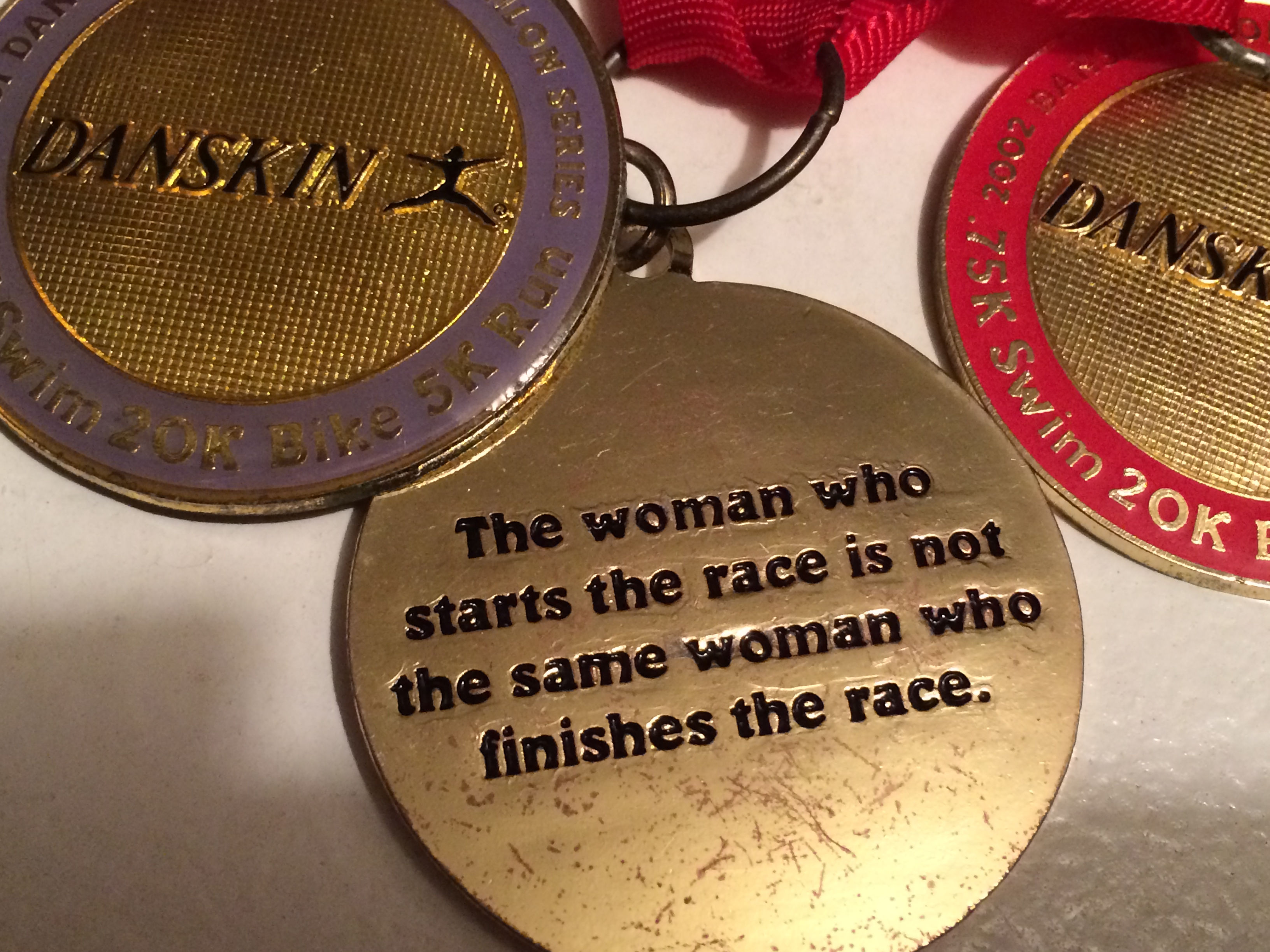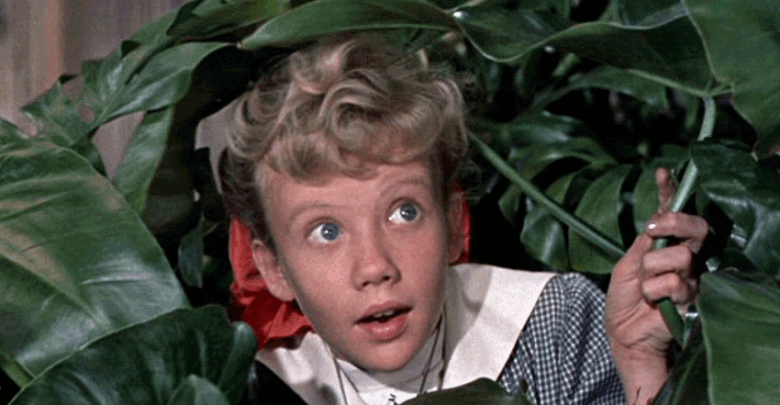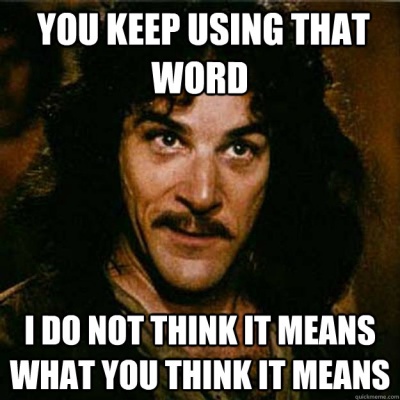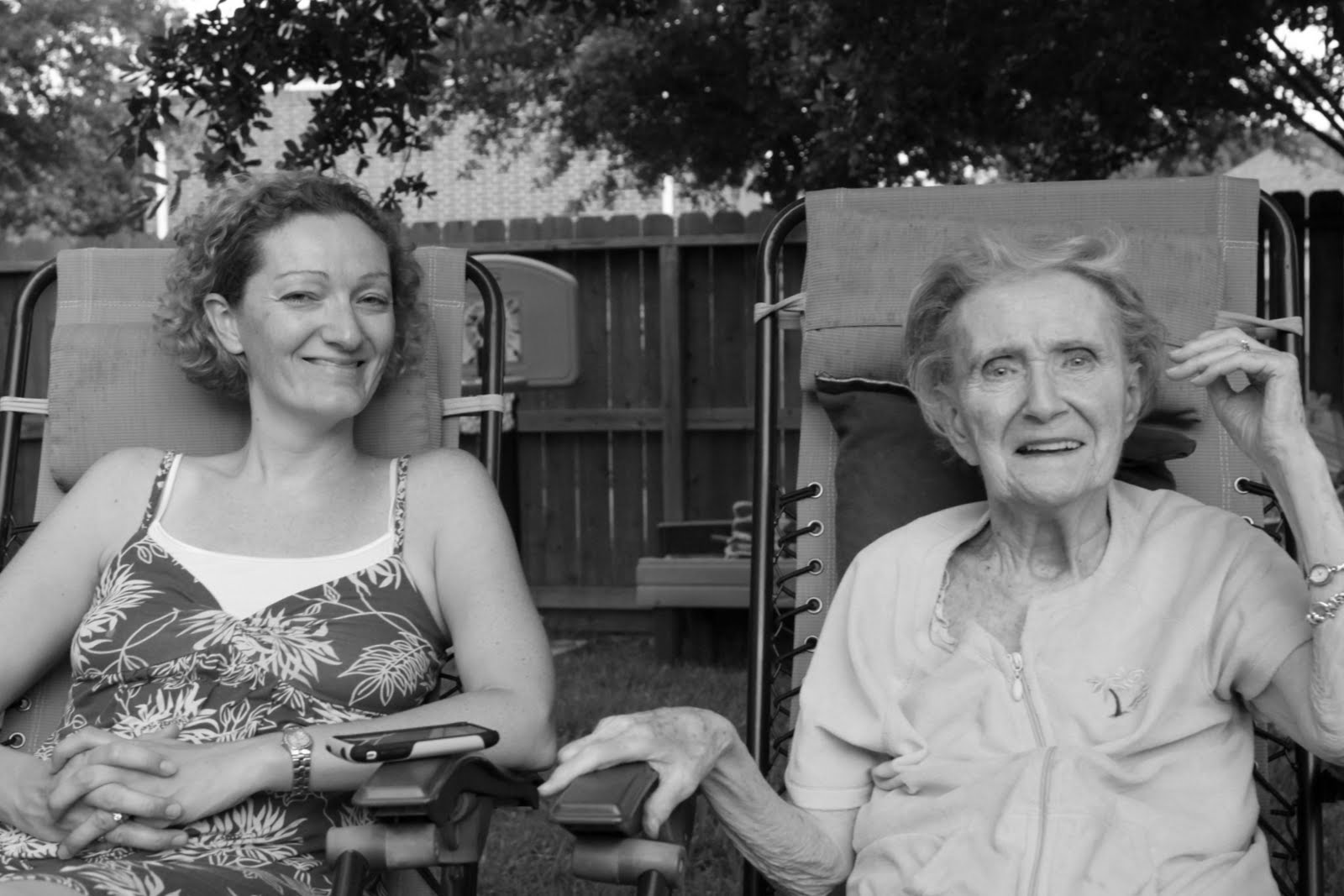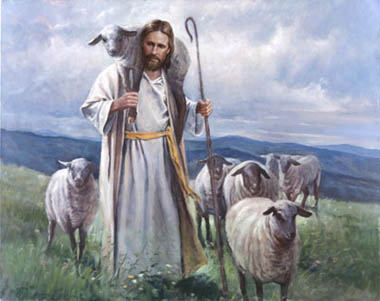Somewhere Along the Line
I met Peter through a friend of a friend at a party, before heading out to see some bands play at South By Southwest. I was attracted to the trifecta of cute, smart, and funny that he had going on. As we got to know each other, I was shocked to find out that a month before we met, he had run a marathon and completed a 50 mile bike race, and was about to do a triathlon. He had an average-guy build–a little bit of a beer belly–and didn’t look like an athlete; I could not fathom how he could possibly do those things.

More than my unhelpful preconceived notions of what an athlete looks like, I had sized up the end-result of all his training efforts as impossible: there is no way I could run 26.2 miles, no less swim 1/2 mile, then bike 12 miles, then run 3 miles. Just no.
I saw athleticism as haves-and-havenots (and I was a havenot). Like a light switch: it was either on or off, but no in-between.
But Peter didn’t see what I saw. He saw a training schedule. He saw daily steps along a path. He saw incremental progress building up until he could confidently complete something amazing. Peter’s way of seeing things inspired me. He was a regular guy that did a marathon and a triathlon; if he could do it, I could do it. So I did.

The following year, I completed my first Danskin Triathlon – an all-women’s series that cultivates an environment of encouragement. The swim went okay–though I’m a strong swimmer, I was ill-prepared for fifteen pairs of feet in my face. Towards the end of the 12 mile bike ride, I faced what felt like the largest hill I had ever seen. I wasn’t even halfway up, and I was ready to dismount and walk to the top. But in front of me were two plump, middle-aged women, ever-so-slowly biking up-up-up, and encouraging every single person around them. Not only were they not giving up, but they weren’t letting anyone else give up either. “You go girl! You got this!” Once their words of support and love reached me, I firmed my resolve to just keep pedaling. Tears welled as I shouted to these women “You two are amazing! Thank you! YOU GO!!” And I was off, finishing the bike and then the run.
The back of the medal that each woman receives upon crossing the finish line sums up my experience with profound truth: The woman who starts the race is not the same woman who finishes the race.
What are some of the areas in your life that you might have unhelpful preconceived notions?
Virtue
As ignorant as I was about fitness and training, I am very familiar with how damaging unhelpful preconceived notions can be in the world of religious education, particularly the haves and havenots mentality when it comes to the topic of virtue. If you google the definition of virtue, you can see why many people approach it as a light switch, either on or off, but no in-between.

Emily lamented in a Facebook post about how unhelpful this preconceived notion can be.

I don’t necessarily think Google got the definition wrong, but I do think there’s a much more helpful way of thinking about virtue.
Virtue is like a good habit that we can become better at doing. It’s less about haves and havenots and more like a muscle that gets stronger (or weaker). Developing virtue is like training for a race; it’s about practicing these good habits over the course of time. When we want to form a good habit–or break a bad habit–we take incremental steps towards a goal.
When you think of virtue, imagine a gradation or a continuum of stronger-to-weaker. See a training schedule. See daily steps along a path. See incremental progress building up until you can confidently complete something amazing. Think of saints and the lives of people who inspire you.

Recall a time when you were making a change–or trying to improve at something. What helped you practice good habits? How did you overcome bad habits?
The Virtue of Faith
Traditionally, a discussion of virtue touches upon the four cardinal virtues (prudence, justice, fortitude, and temperance) and three theological virtues (faith, hope, and love). Of these seven virtues, faith seems to be the one people have the most unhelpful preconceived notions about.
Too often, we misunderstand the idea that faith is a gift, and perpetuate the have-havenot or light-switch attitude.
Yes, faith is a gift: God invites us to know, love, and serve him. The gift is the invitation. Practicing the virtue of faith is our response.
The virtue of faith is concerned with strengthening three areas:
- Belief – the intellectual understanding of and assent to what we believe
- Spirituality – the emotional trust in and relationship with God
- Discipleship – living one’s faith out in life, following through with moral actions and a commitment to justice
Sometimes these three dimensions are referred to as the head (belief), heart (spirituality), and hands (discipleship).

A person can be stronger or weaker in any one of the three areas. Developing the virtue of faith means that we are called to work on strengthening each of these three areas in our lives.
Consider your own practice of the virtue of faith.
- For each of the three dimensions of faith, where on the continuum of stronger–weaker would you place yourself?
- What is one thing you could do to work on strengthening each area?
When it comes to strengthening our practice of virtue, truly: The woman who starts the race is not the same woman who finishes the race.
Danskin Austin ’07 by Sara Robertson licensed under CC BY-NC-SA 2.0


